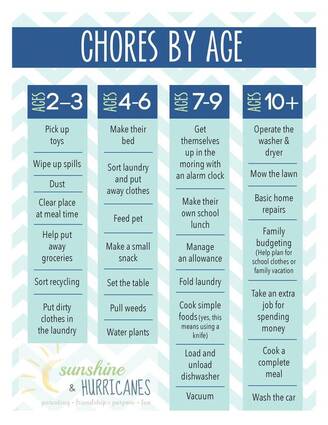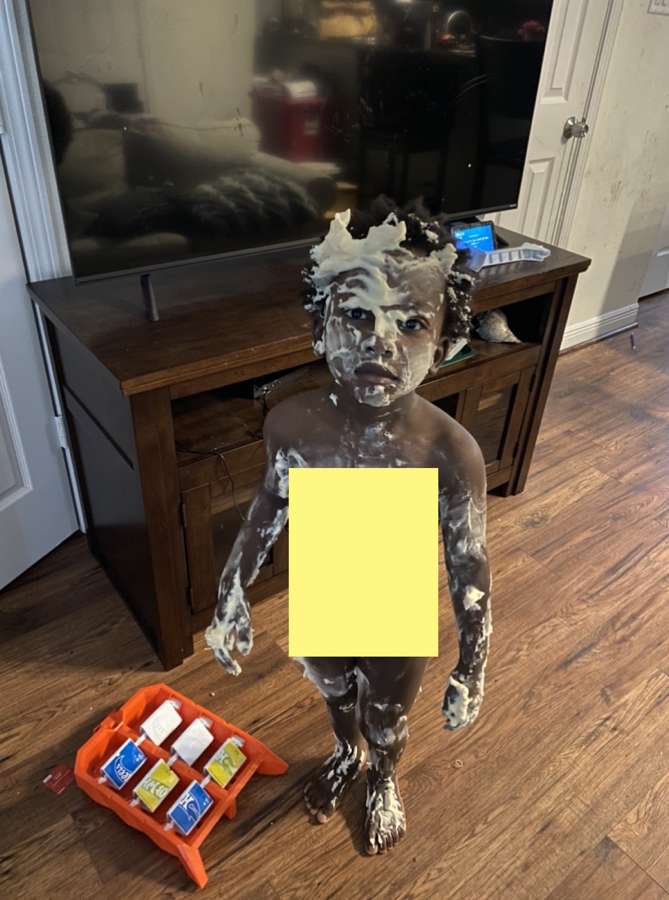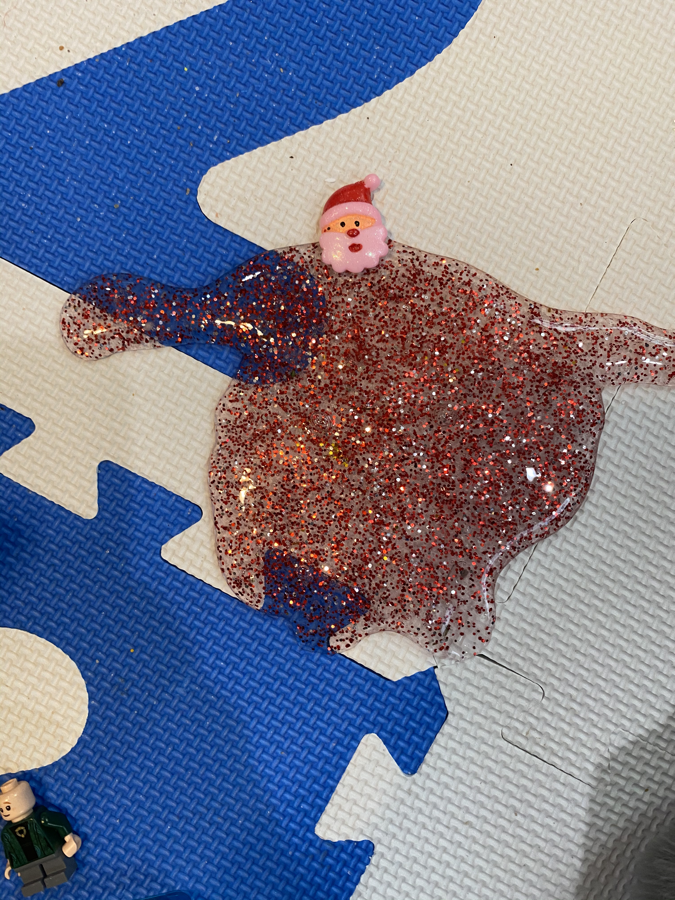|
In July of 2020 we moved from almost 4000 sq. feet to just under 1200. I consider this my tiny house experimental phase because 300 sq. feet per person seems cramped, especially when one of us is attempting to operate a small business or a hobby (depending upon the day) out of the combined living room/ play room, and another of us has enough toys to operate a small retail boutique. Shortly after moving the majority of our youngest son's toys were placed into storage, but many still remain. Toys are the work of children, so I can't eliminate the very things that develop his imagination, gross and fine motor skills, vestibular systems, and all the other parts of the brain and body that require engagement through play. Some mornings I walk downstairs and I am completely overwhelmed by the thought of cleaning the toys scattered around his play area. I avert my eyes and walk away. Well, maybe I am not overwhelmed by the thought of cleaning, I am overwhelmed by the thought of picking up the mess, and then having to do it all over again tomorrow, and the next day, and the next day, and they day after that. If I tilt my head while working at my desk, I can't see the mess. Expectations Vs. RealityI understand that not everyone can or will take this approach, and that there are many that have an unrealistic belief that a four year old child should be able to clean up the mess. If I am overwhelmed by the mess, someone with decades of cleaning and organizing experience, why would someone who is still learning to group by color, shape, and size not feel a sense of panic when faced with the daunting task of cleaning Toys R Us after the equivalent of an earthquake?
Ideally, early on, parents should implement a system, perhaps, that a child shouldn't take out more than one toy, game or activity at a time, before putting it away and selecting another toy, game or activity. I have a one track mind and this never happened in my home. When I begin to work on a project, and my son is in the same room quietly playing, I am happy and content, but I have also reinforced the idea that what he is doing is acceptable. This is not to say that his way is good or bad, but it has become my son's standard for play even if it goes against what I would prefer to keep keep order in the home. Since I failed to instruct my son in the one toy out at a time standard, I can't arbitrarily enforce this standard without first teaching it to my son. I can't impose a consequence on a rule with which he is unfamiliar, and I can't walk around with a garbage bag threatening to throw away his toys because I am triggered by a mess I did not properly manage. Manage Not ControlEven though the toys belong to the child, as the rational, logical, adult, it is my job to manage his toys. Manage, not control. It is my job to teach my son how to create and maintain a safe, play area that is cleaned at the end of each day. At the age of four I am not going to implement the one toy out at a time policy, because to me that borders on controlling how the child plays. Maybe my son wants to build a structure out of his marble run, Jenga and train set. Why should I have the power to dictate how he plays? I should not, so instead of controlling his toys with a one in and one out rule, I decided to reduce (manage) the amount of toys to which he has available for use. Instead of twenty bins of toys, my son has access to six bins of toys in addition to books, trains, and costumes. With less mess to clean, it will be easier to pick up toys at the end of the day. Our son can swap out one bin of toys for another by asking, if he would prefer to play with something else. My hope is that with time and maturity, and as we become better at nightly cleaning, I can periodically add a bin of toys to the rack. Where Did the Obsession Begin? For many adults, a home that is less than immaculate is triggering. While I am not going to tell someone how to keep their home, I would ask that adult to think back to their childhood in hopes of possibly identifying their obsession with cleanliness and order. Did your parent's preferences for a spotless home limit your creativity or ability to play within your own home? Were you denied the use of certain materials? Some adults take the view that the home is theirs and children are treated as extended stay guests with limited rights and freedoms, instead of people who actually live in the home and have a right to do more than exist.
Everyone in a family should feel comfortable within their household, but also as adults we have to realize that we are possibly holding on to emotional baggage or trauma that prevents our children from being their authentic selves. Unresolved Adult issues should never interfere with our children's childhood. We should either seek therapy, turn to mediation, self help books or methods or even the power of our mind and resolve to free ourselves of the pain that threatens the relationship with our children. Conscious Parenting is about controlling what we can control (ourselves), and teaching our children realistic and age appropriate lessons that will benefit them now and within the near future, but will also apply to other situations again in life. Conscious Parenting is not a race to transform your child overnight. Think of it not as a 100 meter freestyle, but an entire Olympic Games. Winning one event is good, but the true reward comes after 16 days of more wins than losses, but the wins are the result of years of discipline and coaching. The real victory in conscious parenting comes months or years later, when you see the results of not just your coaching, but your child's finally mastering the lessons taught.
0 Comments
|
Lose ControlParenting Strategies to help move the focus from the child's behavior to the parent's response. Archives
March 2021
Categories |
Proudly powered by Weebly



 RSS Feed
RSS Feed